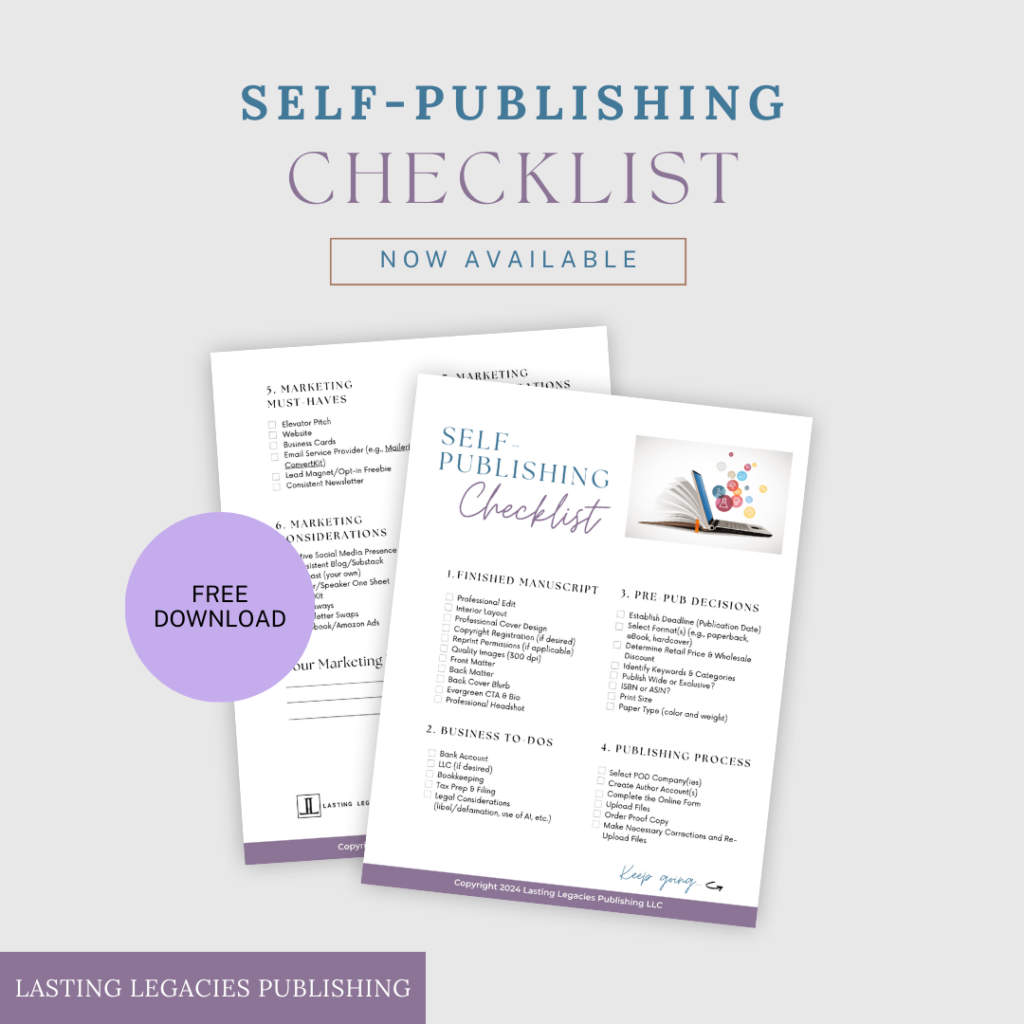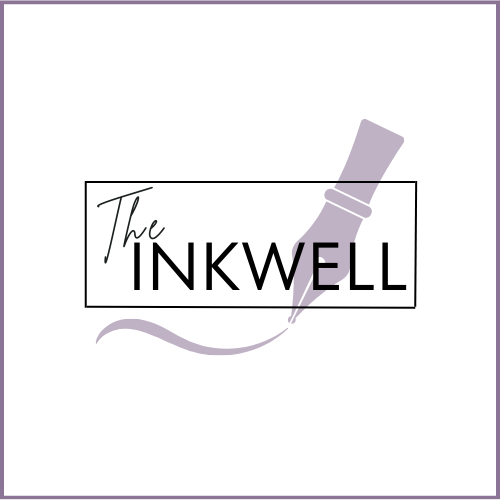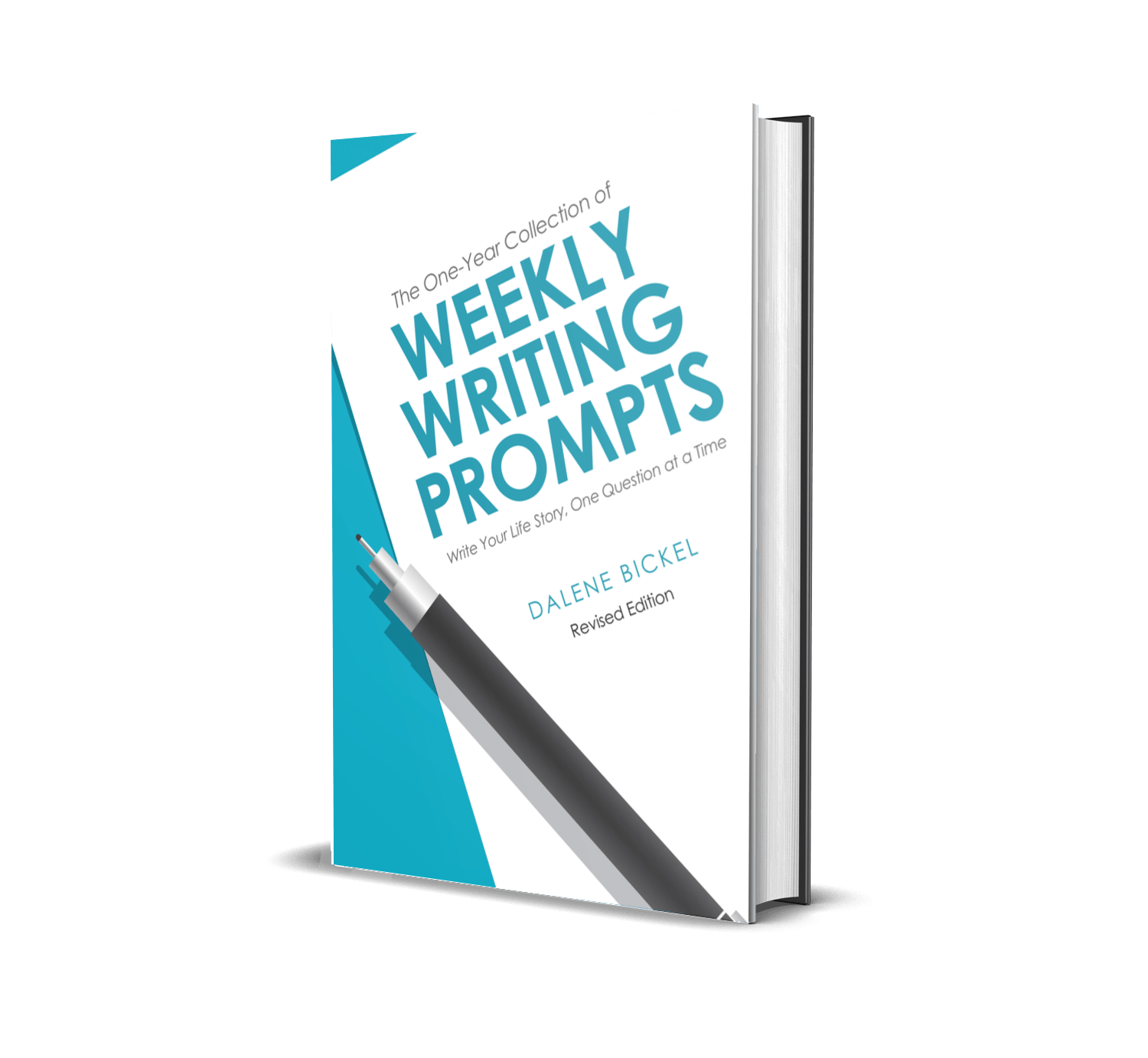How do you define a Christian book and author?
Today on the Ink and Impact podcast, we’re answering this question.
I have to admit, for a long time, I assumed Christian books consisted of Bibles (obviously), devotionals, concordances, Bible studies, Sunday school curriculum … you know, books that are deeply theological in nature.
Then I became a Christian in my late twenties and discovered the library at my church.
I don’t know how many of you have libraries at your churches, but I was amazed to discover that in addition to those important types of books I just mentioned, there was a vast array of Christian genres that existed that I had no idea about:
- cozy mysteries,
- suspenseful who dunnits,
- historical fiction (my favorite),
- romance,
- science fiction/fantasy,
- leadership,
- memoir,
- biography,
the list could go on.
Why was I so surprised?
Well, when reflecting on this, I think it’s because when I was growing up, my local library and the national chain bookstores in the malls (yes, I know I’m dating myself here with the mall reference) relegated Christian books to the back of the room and offered very limited selections.
We didn’t have Christian bookstores where I lived – at least to my recollection anyway. And to be fair, as an unbeliever at that time, I really wasn’t looking for them, either.
But sadly, the limited exposure to Christian books continues to be true today.
A few years ago, the Lord began to burden me every time I walked into a bookstore or library.
These places where I went spent hours happily browsing and leaving with a bag overflowing with books now brought a heaviness to my heart as I walked out almost empty handed due to
- Titles pushing the boundaries, such as asterisks replacing vowels to represent an offensive word. Have you seen any of those?
- YA sections filled with dark covers and even darker topics.
- Fiction books filled with explicit language and scenes.
In addition, the brick and mortar Christian bookstores that I finally discovered, began closing in droves.
While disheartening, the Lord showed me that it’s proof we need more Christian books now than ever before.
And, of course, to have Christian books, we need Christian authors.
So who is a Christian author?
Well, to answer this, I’d first like to share a recent experience.
Last month, I decided to host a morning coffee chat for Christian authors in my area. Later that evening, I received an email from one of my newsletter subscribers, asking, “How do you know if you’re a Christian writer?”
They had been interested in attending, but they didn’t go because they didn’t feel qualified.
What about you?
Are you struggling with imposter syndrome as a Christian writer?
I think it’s important to address this fear.
And I think it’s a very real fear.
To me, a Christian author is first and foremost a Christian; someone who understands that they’re a sinner saved by the grace of God, and believes in the death, burial, and resurrection of His Son, Jesus Christ.
Christian writers don’t have it all together, and we certainly aren’t perfect people. No one except Christ is perfect. But we strive to do our best work for God’s glory.
The person who emailed me worried that she wasn’t knowledgeable enough, stating that she never attended seminary or obtained a degree in theology.
Fellow writer, that is not a requirement. In fact, that can sometimes be a detriment if we allow pride or our own intellect to be our guiding principles.
God desires that we lean into him and our writing, seeking Him for direction and wisdom and what to share.
Oftentimes, that means incorporating biblical principles that he’s allowed us to learn the hard way through personal experience. It becomes our testimony of his goodness, grace, and mercy.
So, in short, you are a Christian writer if you write in faith, seek God’s guidance, and share biblical principles – whether explicitly or implicitly – in your work.
To kick fear and doubt to the curb, as Joshua 1:9 from the NIV says:
“Have I not commanded you, be strong and courageous. Do not be afraid.
Do not be discouraged. For the Lord your God will be with you wherever you go.”
Remember, God is calling His writers to stand out and be a light in a dark world.
We can’t be a light if we’re hiding in fear.
The Relevance of Ink and Impact
All right, so we’ve discussed the need for Christian books, and defined who Christian authors are.
Now let’s discuss how all of that correlates with the meaning behind this podcast.
Ink, of course, refers to the act of writing books. Impact refers to the effect our books have on our readers.
Our books might
- provide a new way of doing something,
- motivate readers to take action,
- offer them a better understanding of a difficult topic,
- enable them to discover they’re not alone in their challenges … the list could go on.
The most impactful books are those that resonate with a reader and make an emotional connection.
The Bible is hands-down the most impactful book ever written. But through this podcast, I also plan to showcase other Christian books and authors, both indie and traditionally published.
To start us off, I’m going to share the Christian fiction book that I had to read twice, literally back-to-back because of its impact on me.
That book is Jimmy, by Robert Whitlow.
When I mentioned to the librarian that I loved the book, she asked, “Why do you like it so much?”
I had to pause because I didn’t have a ready answer. Why did this book grip me so much?
It wasn’t because of a clever title, which is short and to the point, but not overly creative. It’s just the name of the main character of the story.
It wasn’t because I could personally identify with a boy based on gender, age, physical abilities or life experience.
It wasn’t because it contained a new concept.
It wasn’t even a new release (it was written back in 2006).
Then it dawned on me.
I loved this book, because it offered hard truths about difficult situations through flawed characters.
I loved this book, because the author allowed me to experience the story with the characters and become emotionally involved. Not many books make me cry. But this one absolutely did – both times that I read it.
And I loved this book because it offered what the world needs most: truth, mercy and grace.
It made me think about how I would react in similar situations and reminded me that childlike faith is what we need most in our adult lives.
The author didn’t pound me over the head with pious phrasing. And he didn’t explicitly tell me where I’m morally failing. He simply told a compelling story that glorifies God.
And because of that, this reader was impacted greatly.
So in closing, I believe each of us Christian writers has been given our stories at this time for a reason.
It’s not a time to throw in the towel, or wallow in fear or frustration.
It’s time to roll up our sleeves, put in the hard work and lean into God as we write our books.
There’s a world of people hungry for words of truth, light and hope. God will bring them to us. We just need to obey his calling.
Let’s consider what the Apostle Paul stated in 2 Corinthians 3:4-6, and this is coming from the New King James Version.
“And we have such trust through Christ toward God. Not that we are sufficient of
ourselves to think of anything as being from ourselves, but our sufficiency is from God, who also made us sufficient as ministers of the new covenant, not of the letter but of the Spirit, for the letter kills, but the Spirit gives life.”
Industry Update
According to the article, “What Readers Want from Writers in 2022” on the ALLI blog, research conducted by Global English Editing and Written Word Media discovered that out of the book genres that made the most money last year (in 2021), Religious/Inspirational books came in third place with $720 million in sales, just slightly less than second place crime mystery genre at 728.2 million.
So, I’m curious. Does that surprise you?
I think it shows that people are hungry for hope today. They’re hungry for answers. And people are going to buy the books that offer them those answers.
So let’s keep writing and let’s keep publishing and let’s keep serving our readers.
Next Week’s Episode
Next week’s episode of Ink and Impact will help us determine if we’re focusing on the right thing.
Writing a book is a journey, and it’s easy to get sidetracked along the way. Discover practical ways to stay intentionally focused.
Listener Response
So what do you think? Did you like this episode?
Be sure to subscribe to Ink and Impact so you automatically get notified of the latest episode when it drops weekly.
And if you know a fellow Christian writer, please share this episode with them as well.
That’s it for today, fellow pen pusher.
Remember, don’t just write a book. Make an impact!






